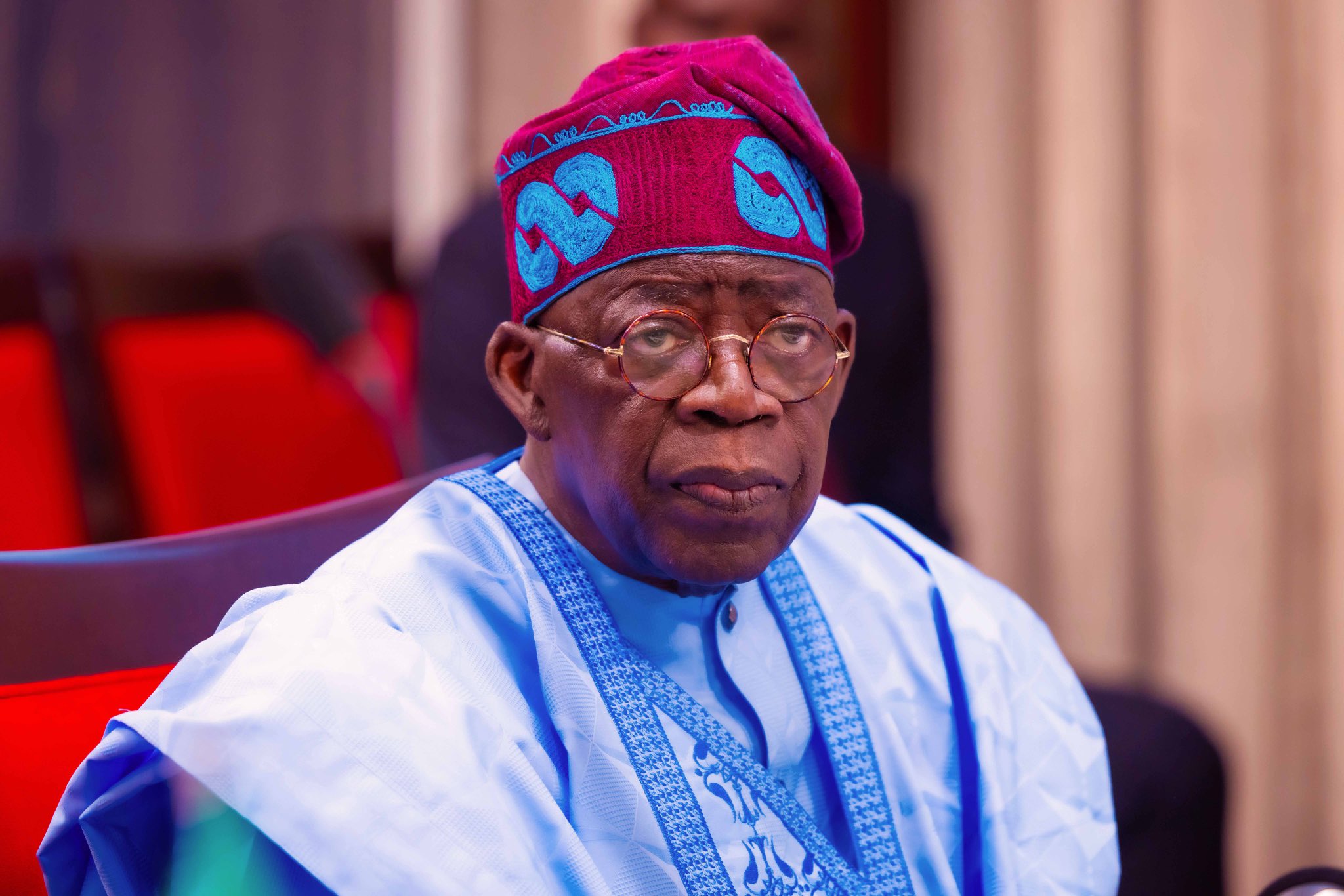Globally, the eighth day in the month of March every year is designated as the International Women’s Day in the United Nations Calendar. It is a day set aside to among others, draw attention to the common plights of women; celebrate women achievements in the social, economic and political space; and of course, renew commitment for gender parity as a critical requirement for women empowerment, as well as highlighting gender parity as a major enabler for women to maximise their potential particularly in the work environment and the society at large.
The need for gender parity also refers to as gender equality in any society, nation or among group of people desirous of progress and development, cannot be over-emphasised. What then is gender parity? It is the recognition and a state of equal opportunities, equal ease of access to resources and opportunities regardless of gender, including economic participation and decision-making; and the state of valuing different behaviours, aspirations and needs equally, regardless of the gender orientation of the participants. Gender equality demands that there is equality between men and women, it entails the concept that all human beings, both men and women, boys or girls, are allowed to develop their personal abilities without hindrance, given and exposed to equal opportunities, provided with equal resources in the same environment and are given the same freedom to make choices without the limitations set by cultural norms and tradition, unfavourable gender roles and prejudices.
It is a concept that recognises that though men and women are differently wired, their different behaviours, aspirations and needs are considered individually, valued and favoured equally; and that their rights, responsibilities, benefits, obligations, treatment and opportunities will not depend on their sex configuration as male and female.
A critical review of this year’s theme, “Balance for Better”, indicates its interpretation in diverse ways as it relates to women and everyone that is committed to gender balance. The theme identifies the fact that everyone has a part to play at the time and everywhere; it is indeed, an all-inclusive for everyone who desires equity and will critically look at what can be done to truly be part of the change that positively impact women and avoid any form of discrimination. The theme provides a unified direction to guide and promote continuous integrated action through which various activities as they apply to gender parity are reinforced and highlighted at all times and at every opportunity.
In Nigeria, Balance for Better resonates with many of the women who are daily struggling to maintain balance in their personal life and career advancement. it emphasises the need for women to maintain work life balance and sufficiently balance their lives in the face of increasing opportunities and attendant challenges with new responsibilities Without failing in all the roles and responsibilities bestowed on her, a woman must focus on building the steam, the energy and a support system needed to sufficiently and efficiently balance her life for better performance and competitiveness.
From research, Nigeria has the largest percentage of women-owned businesses and the women largely dominate the entrepreneur space. This means that helping women grow their businesses is important and critical to economic development of the country. However, women face numerous impediments and limitations in growing their businesses from social, traditional and cultural barriers to funding that will enhance the growth of the businesses. It is imperative that women enjoy the same opportunities and access to loans and balance is maintained in stipulated requirements. A process that insists on having a man sign the loan form for a woman before she can be considered for the instrument must be discontinued.
Women must be conscious of the need to remain healthy in order to up the stake of their performance despite their physiological, biological and psychological challenges and demands. According to a nutritionist, Aastha Khungar, striking a healthy balance between work and personal life is a difficult challenge but it’s all the more necessary to maintain this balance in today’s times, especially for women. “If you are not in a good shape physically, mentally and emotionally, both your work life and personal life are bound to suffer.”
Balance for Better should resonate with employers of labour with the responsibility to formulate policies, guidelines and procedures that ensure gender balance in the hiring, retaining, training, roles, responsibilities, exposure, opportunities, promotion, remuneration and appraisal without prejudice. It is that time of the year when employers are reminded that it is part of their internal social responsibility to make the work environment more conducive to cater for peculiarity of women needs without jeopardising or limiting their potential. Every individual with respect for humanity must stand to be counted for gender balance and be committed to the call and action.
Mrs Mayowa is Vice Chairman, Lagos state chapter, Nigerian Institute of Public Relations.



